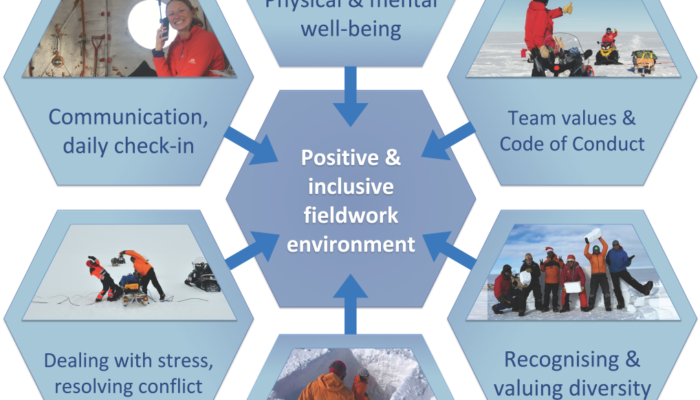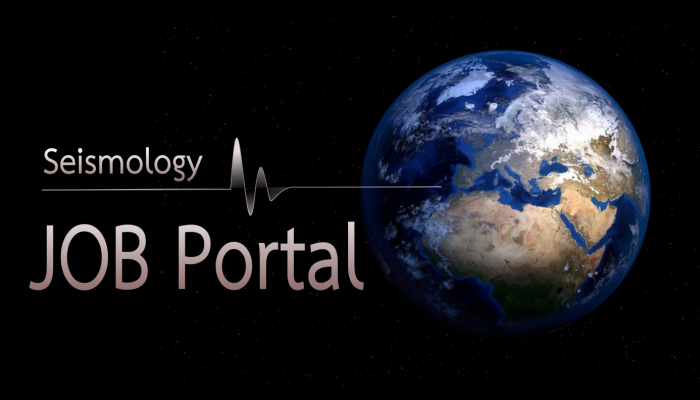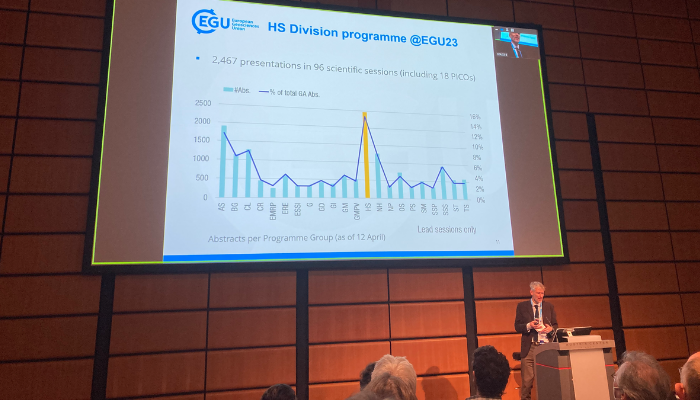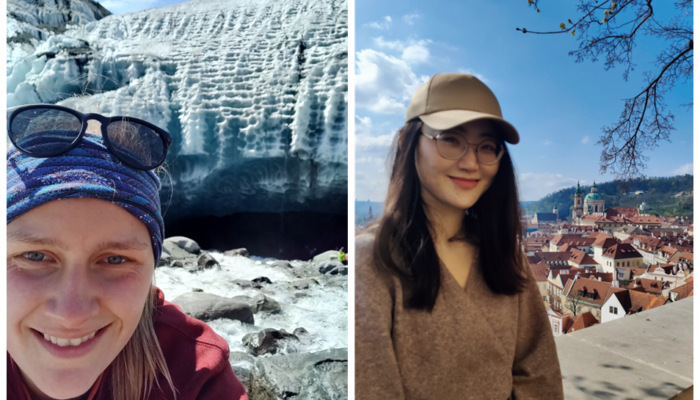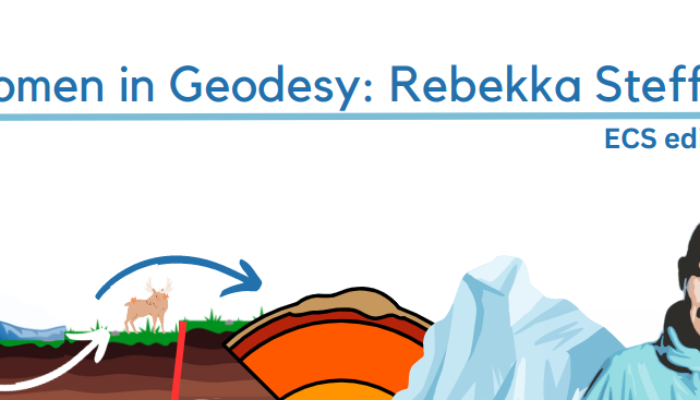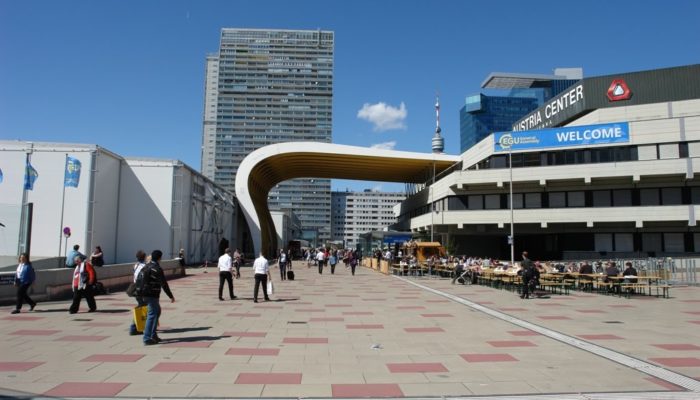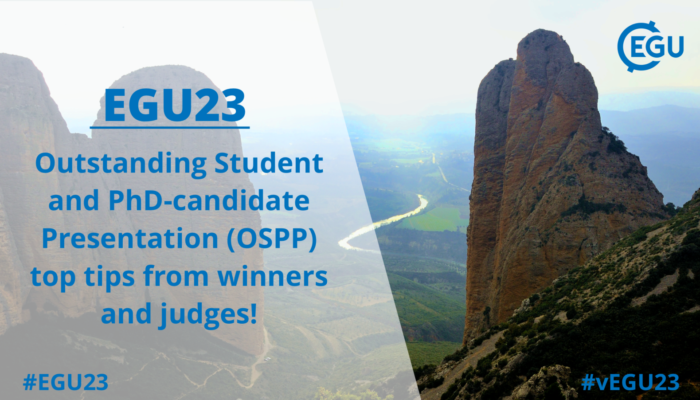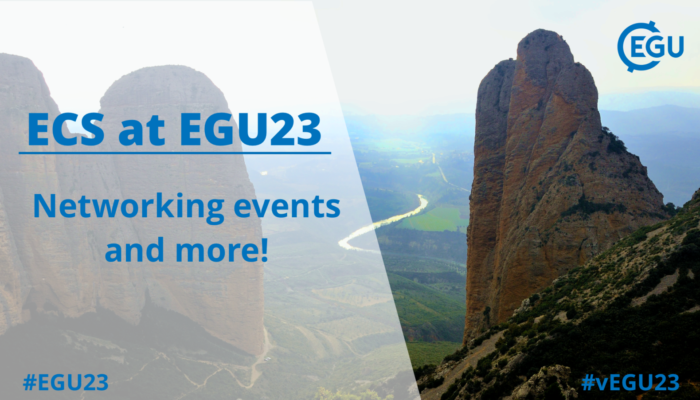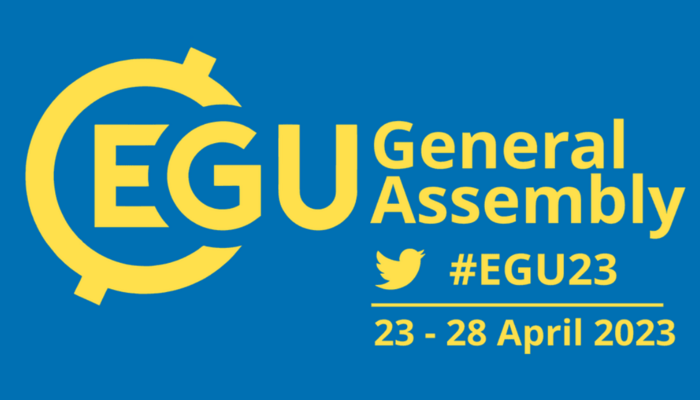Fieldwork is essential to polar sciences, but who are the people that actually do the fieldwork these days? A great field team includes people spanning a diversity of scientific skills, but at the same time, a diversity of cultures, backgrounds, and identities also adds intrinsic value to team dynamics and the overall field work experience. As part of the International Thwaites Glacier Collaborati ...[Read More]
If you didn't find what you was looking for try searching again.
Seismology
Seismology Job Portal
On this page, we regularly update open positions in Seismology for early career scientists. Do you have a job on offer? Contact us at ecs-sm@egu.eu Please, note that other available research positions are displayed on the EGU Jobs Portal. Latest open positions: Post-Doctoral Fellowship – Ground deformation recorded by geodetic techniques Institute: FM Global Starting: — Duration: R ...[Read More]
Hydrological Sciences
Wrapping up EGU23: A Hydrologist’s Look Back
Summarising such a week is almost an impossible task. First, it is worth highlighting that, on-site, we were back to a format with oral presentations, PICOs, and posters. Virtual participants could join the oral sessions and the PICO pitches via Zoom. Virtual boards were also available for the online poster sessions and PICOs. The format of 10-min oral presentations (questions included) was a chal ...[Read More]
Cryospheric Sciences
The more the merrier – Interview with the two new Cryo ECS representatives
After two years of great work, our current cryosphere division ECS representative TJ Young is passing on the task of representing the needs and wishes of the cryosphere division early career scientists (ECS). As they make up a majority of the EGU members, their representatives make sure to see their needs and voices heard. You might know that the EGU ECS community is represented by two union-level ...[Read More]
Geodesy
Women in Geodesy: Rebekka Steffen
As you might know, after our blog post on women in the history of Geodesy last month, we turned the spotlight to more recent influential women in geodesy, and this time we would like to give the spot to an early career scientist, more specifically to our co-ECS representative and the Outstanding Early Career Scientist Awardee of this year, Rebekka Steffen. Her answers were very inspirational to us ...[Read More]
Cryospheric Sciences
What not to miss at this year’s EGU General Assembly
We are already half way through April and that means that this year’s EGU General Assembly (GA) is just around the corner. Whether this will be your first, second or seventh EGU GA, you are probably still overwhelmed by the jungle of opportunities there are – courses, medal lectures, talks, discussions, poster sessions – no? We certainly still are and that’s why we always collect our f ...[Read More]
Geodesy
What’s up for geodesy during the upcoming EGU23?
It’s this time of the year again when we all try to meet up in Vienna and talk about our latest scientific results and more importantly network with old and new colleagues. The EGU General Assembly (GA) will be a hybrid meeting this year again: (v)EGU23. There will be scientific sessions with the usual oral and poster presentations as well as Pico sessions, networking opportunities and short cours ...[Read More]
GeoLog
Outstanding Student and PhD-candidate Presentation (OSPP) top tips from winners and judges!
Every year at the General Assembly hundreds of students present their research with a lot of time and effort going into preparing these presentations. With the aim to further improve the overall quality of poster presentations and more importantly, to encourage Early Career Scientists to present their work in the form of a poster, the OSP Awards (as they were formerly known), were born. Since the ...[Read More]
GeoLog
ECS at EGU23: networking events and more!
The EGU23 General Assembly have a plethora of events built for – and by – Early Career Scientists (ECS), from how to navigate Europe’s largest geoscience conference to developing your network and exploring your career choices. Below are some of the big things to look out for: First-time attendee Networking (on-site only) Tue, 25 Apr, 12:45–13:45 (CET) Room 3.29/30 If this is your fir ...[Read More]
Geodynamics
The Geodynamics Division @ EGU23
With the EGU General Assembly (GA) less than a month away, it’s time for attendees to start planning their schedule to get the most out of the week. In today’s blog, Geodynamics (GD) Division Early Career Scientist (ECS) representative Megan Holdt highlights the networking events for the GD Division, provides an overview of key events at the GA and gives some tips for first-time attend ...[Read More]

